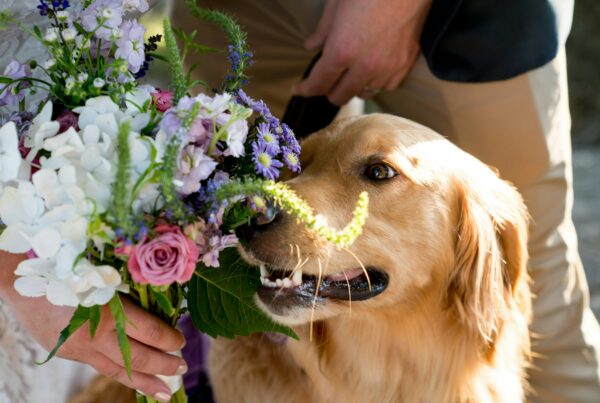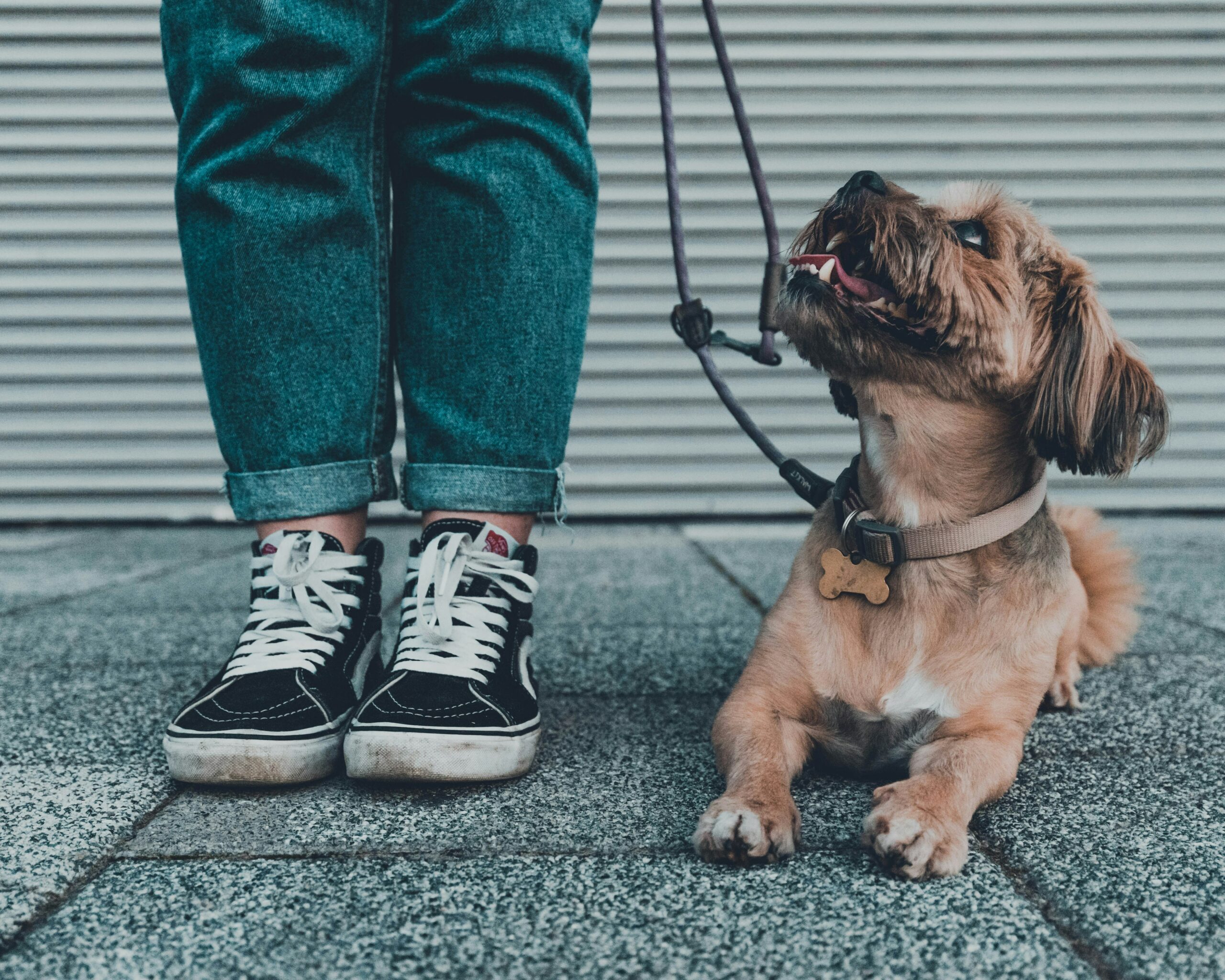If you find yourself a new pet parent, you may wonder what you need to do and what is best for your new pup. Luckily, many others have gone before you to take some of the guesswork out of what works and what doesn’t. The following nine tips to help you become a great pet parent come from those experiences.
1. Research Your Dog’s Breed
There is some debate about how ingrained breed traits are, but most pet parents agree that certain breeds of dogs exhibit specific characteristics. That might be high energy levels, incredible intelligence or a predisposition to being a couch potato. Therefore, it is best to research before selecting a dog to know what you are getting into.
2. Be Prepared To Work
Having a dog is a lot of work. You’ll need to stay on top of everything from exercise to feedings to health concerns. Be sure you are ready to take on this massive task before getting a dog so that no one is left disappointed.
3. Exercise Your Pup
Most dogs need at least some exercise every day. That could be taking a few walks, playing active games or going through an obstacle course. If you’re wondering how you will find the extra energy to make that happen, consider using a supplement like the Thrive patch to help keep you going throughout the day.
4. Stay On Top of Preventative Care
Start talking to friends and family about what vet they use well before you bring your new fur baby home. Then, schedule an initial appointment so your new dog can meet the vet and establish a home base. If you have to use another vet, be sure to have the records sent to your regular one, so they are all in a central location.
5. Practice Daily Dental Care
You should be prepared to brush your new pup’s teeth at least once a week. Daily dental care is crucial to keeping dogs’ teeth clean and healthy and can help them avoid painful decay or gum disease later on. The earlier you start, the easier this will be. If you are really struggling, consider using special chews designed to clean teeth and massage gums.
6. Limit Table Foods
Even if your dog is a part of your family, he should not eat the food from your table. Some common foods and spices can be dangerous for pets, while others can lead to digestive upset. Instead of taking the risk, schedule your pup’s meals for when you eat and let him enjoy his bowl alongside everyone else.
7. Maintain Training (Even After Classes End)
Your dog can benefit from training, regardless of his age. You might enroll in puppy classes, which have the added benefit of encouraging proper socialization, or you might prefer to do your own training. Either way, stick with it and continue reinforcing it long after the regular training sessions end.
8. Set Boundaries Early
Most dogs appreciate clear boundaries. This could be something like knowing what spaces are off limits or a specific behavior that is not allowed in your home. Establish the boundaries early and then enforce them consistently. Make sure everyone else in the house understands the importance of this to limit confusion.
9. Spend Quality Time With Your Pup
You aren’t the only one in this relationship that is emotionally attached. Dogs can become very closely bonded to their human family members, and most love to spend quality time together. Be sure to leave enough time in your schedule to give your dog attention daily. A quick walk, playing his favorite game, or just a special snuggle session in front of the TV can all mean a lot to your canine companion.
Dogs have a way of working themselves into your heart, to the point that many are considered family members rather than pets. Be the best pet parent you can by ensuring your pup gets proper exercise, eats the right foods (and avoids the ones he should), and has the training to know the household rules.
Photo credit: https://unsplash.com/photos/-kx9a9MPOxU
Love our content? Share it with a friend or link it to social media. Like short clips of cute household pets? Training tips? Follow us on instagram @nydognanny or on YouTube at nydognanny. Have some news you needs to get to dog and cat parents stat? Email info@newyorkdognanny.com with your article pitch.




